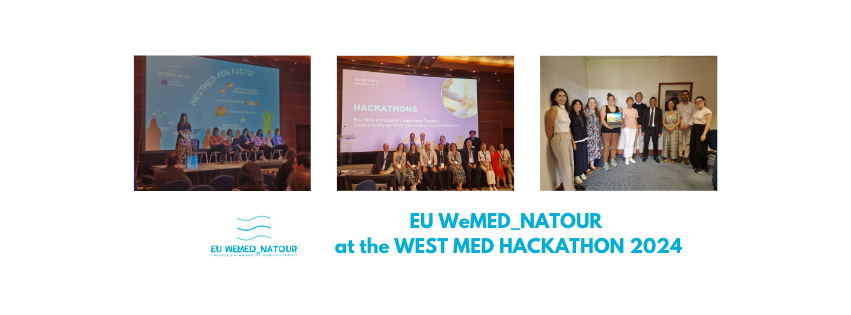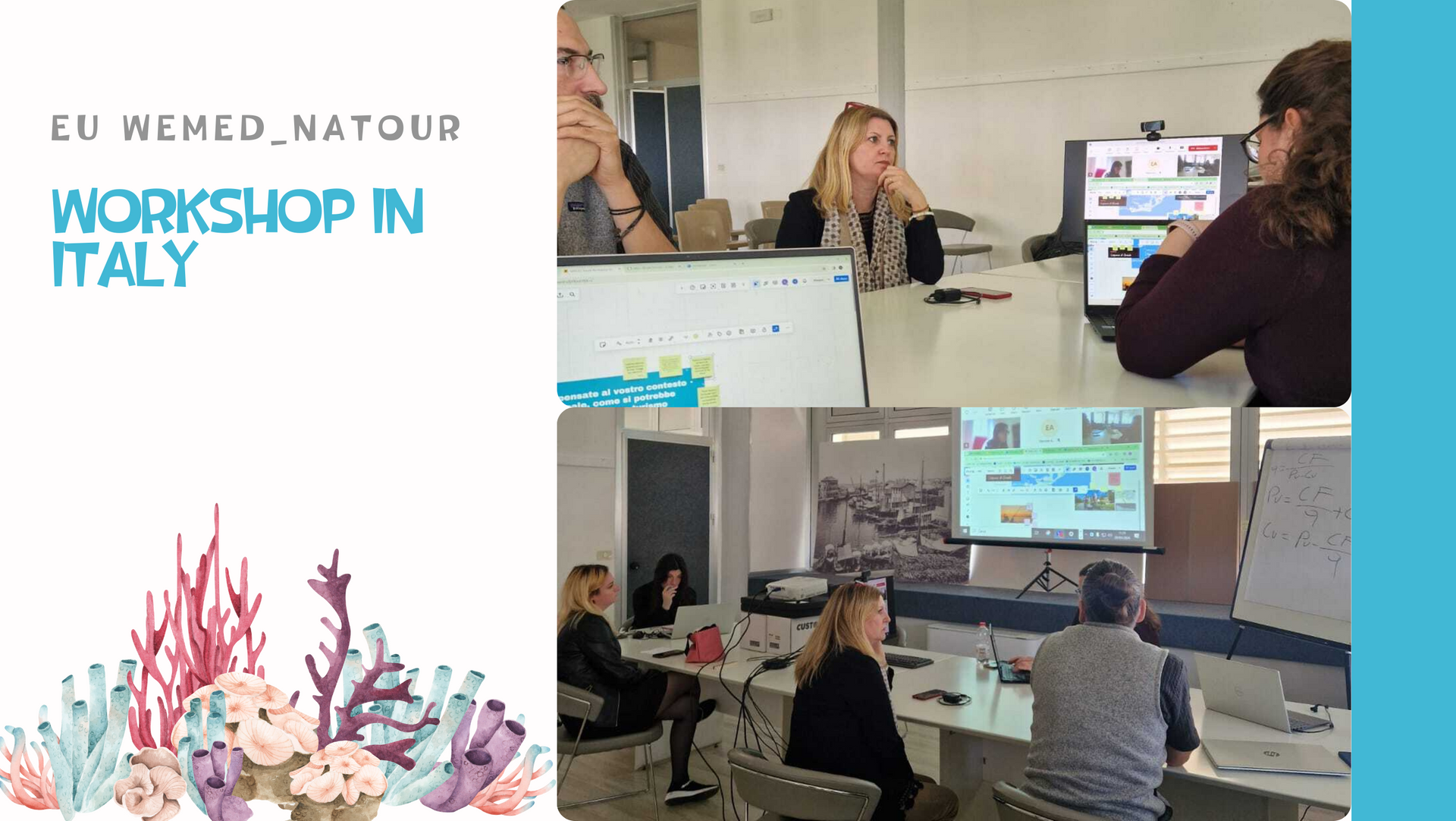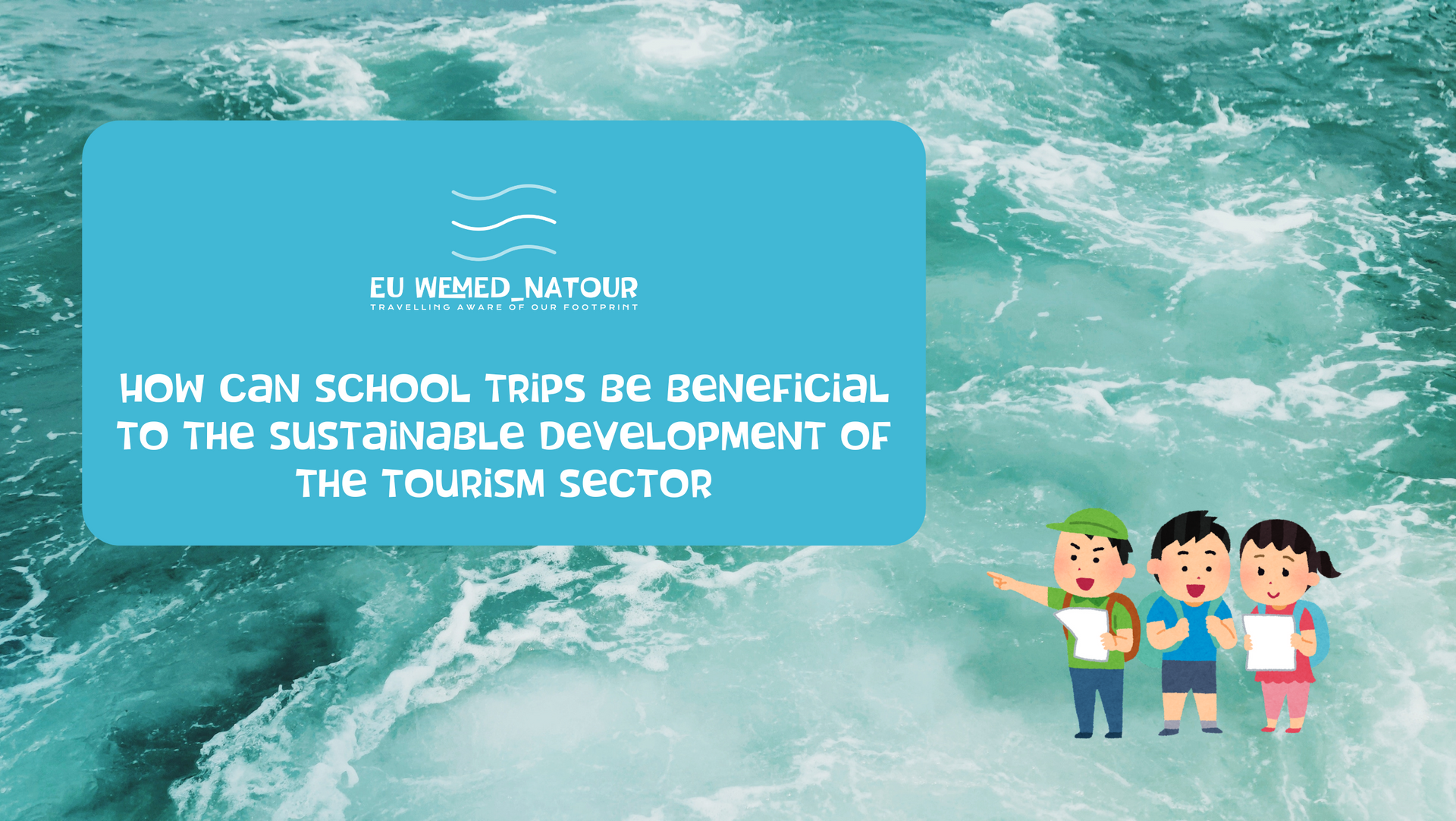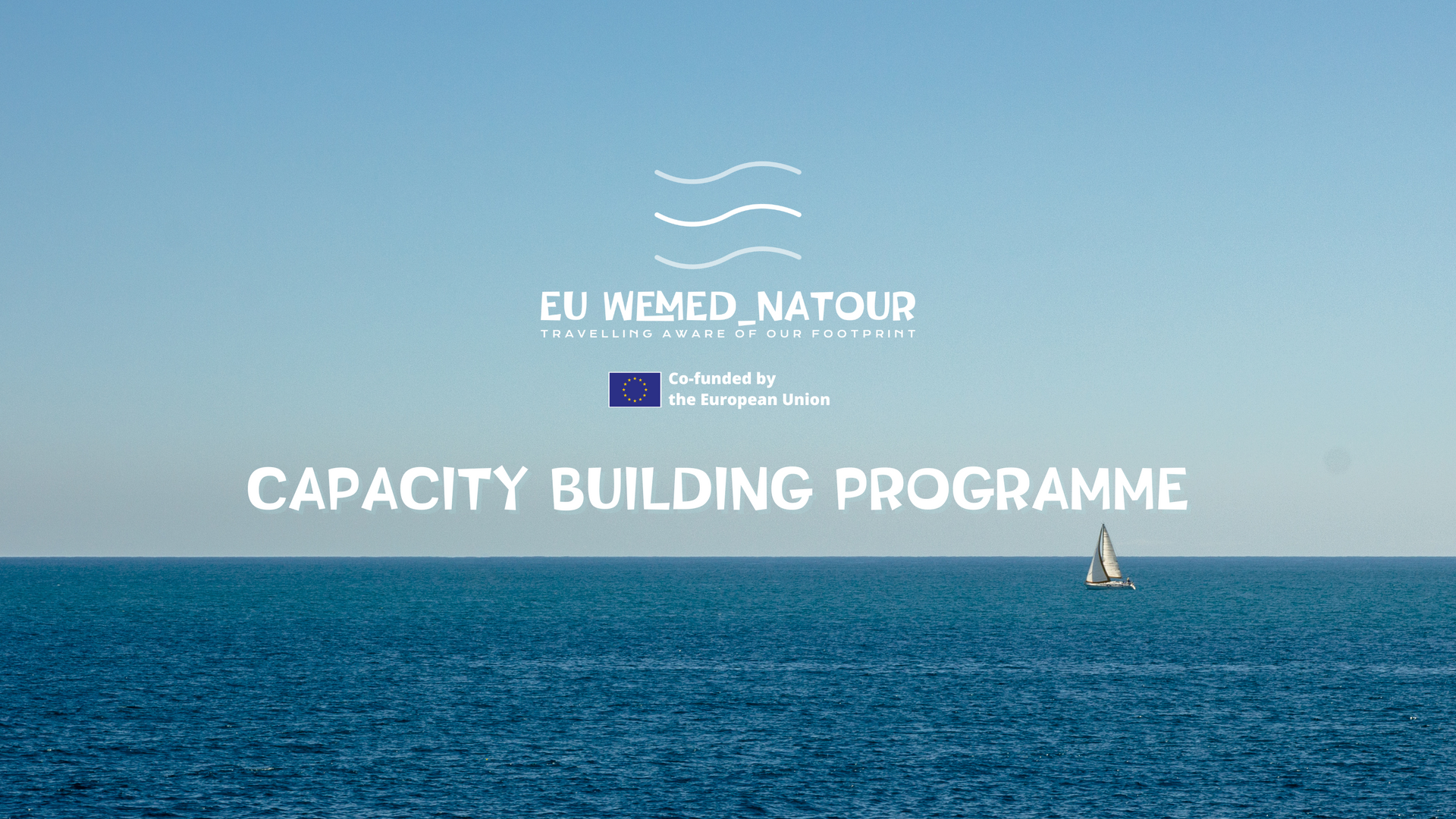Based on an Italian study developed by Studio Giaccardi & associati from the answers of over 1,098 interviews between 2022 and 2023 throughout the national territory, published on June 2023, it emerges that the so-called "heat factor", i.e. the intense heat waves that characterized 2022, but which are also continuing this summer, act as a "transversal dominant factor".
The results of the questionnaire were used to develop eight metrics useful for measuring how the consequences of climate change are perceived at a social level. Starting from the answers obtained, analysis were drawn up on the key aspects that emerged from the interviews, namely:
- Factors caused by climate change. The 'heat factor' and one of the main consequences are the melting of glaciers, known to 76.8% of those interviewed, the increase in temperatures (68.3%) and drought (66.9%). But there is also a considerable sensitivity to the impact of 'storms, floods and rising sea levels (34.7%).
- Consequences of climate change on the life of the interviewees. In this context, concerns related to contingencies prevail, i.e. the increase in living costs (62.3% of the rate of impact factors), but the "anxiety factor" is also strong, with 41.3% of the responses to more options.
- Consequences of climate change on the activity of the interviewees. Also in this case the concern for the increase in energy costs stands out, with 61.7% of the answers to multiple options, as well as a significant component of the "anxiety factor" (31.7%).
- The most evident climatic impacts on the area of residence of the interviewee. The almost unanimous choice of the sample of respondents was the "impact of heat and drought", with 93.7% of the answers.
- The need to plant trees in the city. Here too the prevailing choice was "yes", with 94.8% of the answers.
- Knowledge of the 17 Goals of the 2030 UN Agenda. The survey revealed that the majority, i.e. 51.6%, of the interviewees did not know the 17 Goals of the 2030 UN Agenda. Furthermore, compared to the sample that responded positively to the last question, it emerges that with regard to the question "Which are the most useful Goals of the UN Agenda 2030 among those referring to tourism and local development?", Goal 11 "Sustainable cities and communities" is mainly indicated (48%) , Goal 12 "Sustainable consumption and production" (44.1%) and Goal 7 "Clean and accessible energy" (40.1%).
Priorities in combating the climate emergency. There is a "strong propensity for clarity and concreteness" and in fact the majority response is the request to "act immediately and invest concretely" to counter the impacts of climate change, an answer given by 39.3% of the sample.












